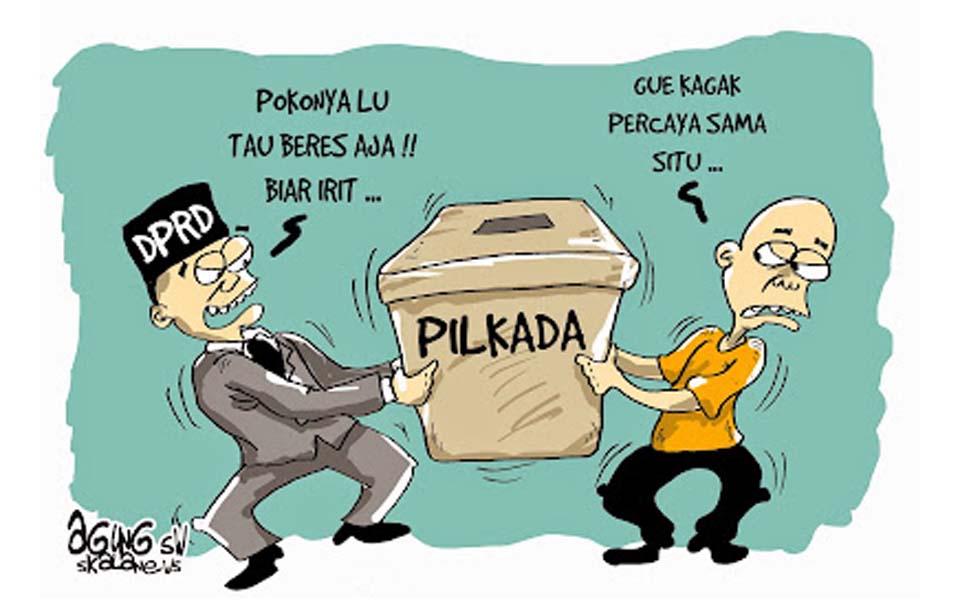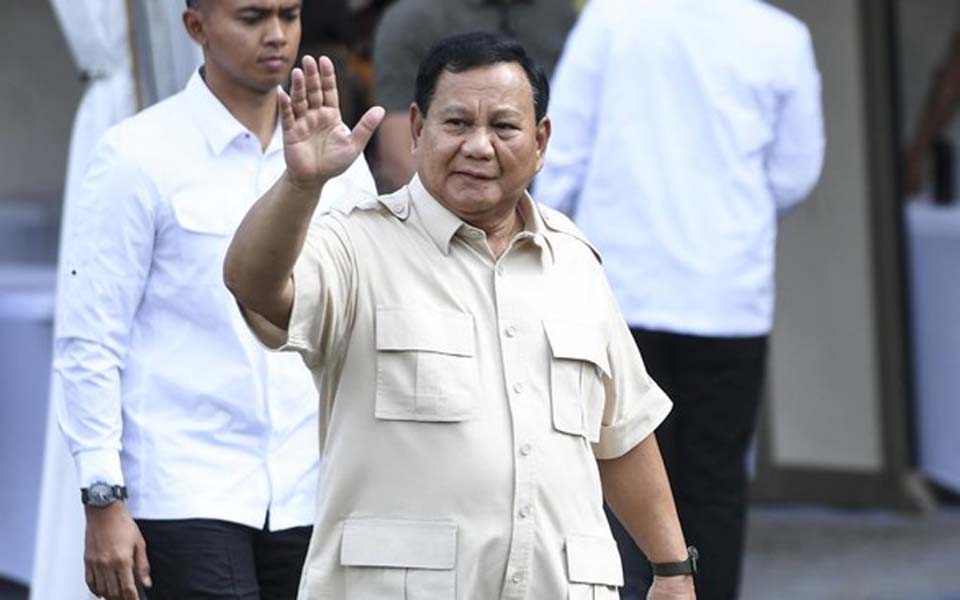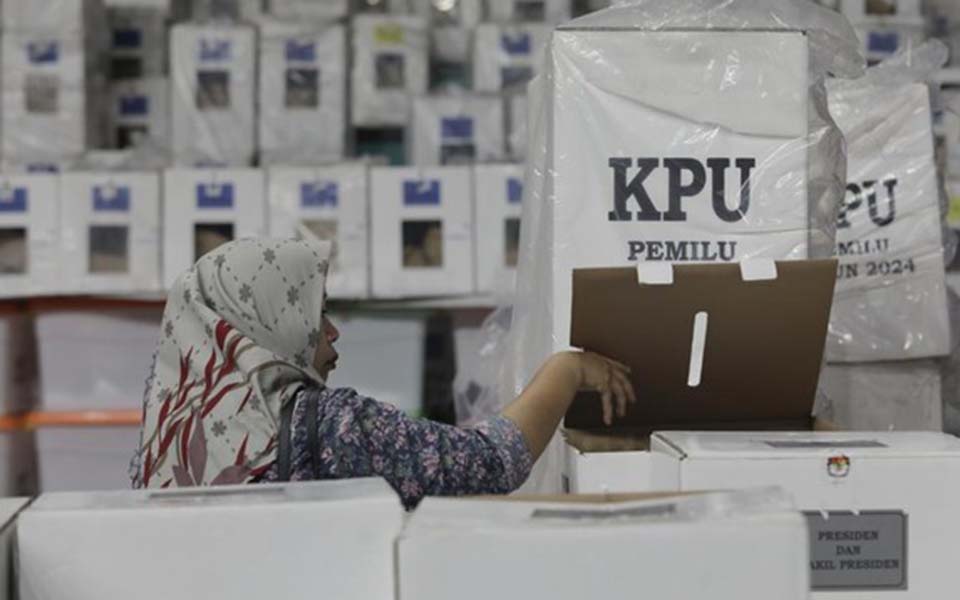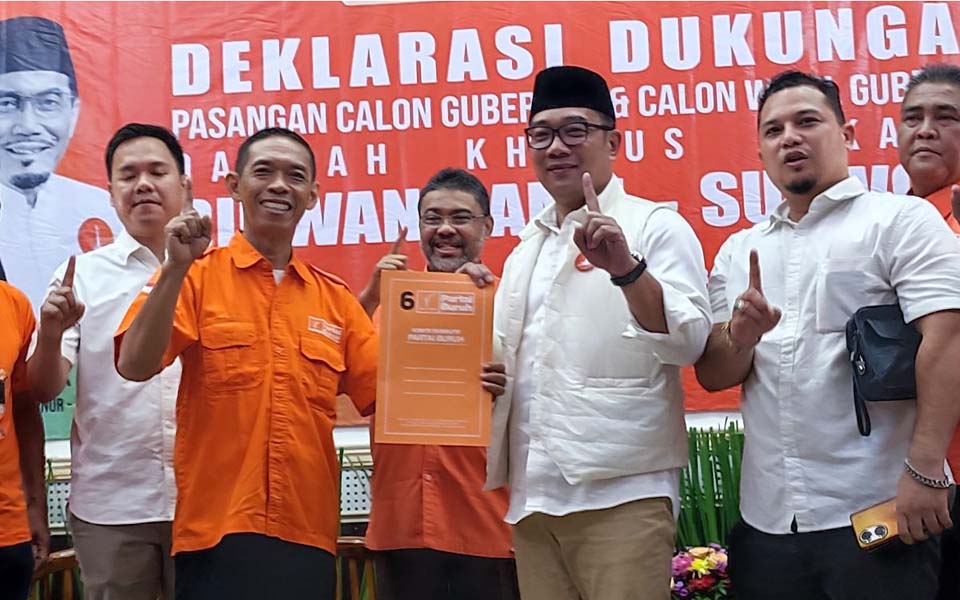Jakarta – The political system in Indonesia is controlled by a capitalist oligarchy. This group represents a handful of individuals who use material power to determine political policies and the election of public officials.
Among all the sources of political power in Indonesia, material power is the most concentrated and has the least obstacles. Based on data from Forbes for the year 2011, the wealth of 40 Indonesian oligarchies is 630 times more than the income of an average Indonesian. The total assets controlled by these 40 people is as much as 10 percent of the country’s income.
“[This] high level of material inequality also produces an extreme political inequality, both in a democratic and authoritarian system”, said Northwestern University political science professor Jeffrey Winters in a seminar titled The Oligarchy, Media and Democracy in the 2013 Elections, which was organised by the Jakarta Atma Jaya Catholic University on Tuesday June 25.
According to Winters, the increasing inequality of wealth distribution will have a huge influence on the oligarchy in achieving their political motives and aims. “Although there are other sources of power under the Indonesian democratic system, namely one person one vote, the overwhelming domination of material power is able to distort the political system in general”, he said.
Winters added that the mass media in Indonesia has the potential to become a pillar of democracy. The mass media however still tends to be a tool of the oligarchy. “Don’t expect the oligarchy to regulate themselves. It is only civil society that is capable of bringing about reform”, he said.
Indonesian Survey Institute (LSI) senior researcher Burhanuddin Muhtadi said through its influence the capitalist oligarchy is able to control the democratic system in Indonesia. “This can be seen from the growing power of internal [political] party decision, both in decision making and the nomination of regional heads that are determined by a handful of the political elite”, said Muhtadi.
Muhtadi also explained that most of the political elite who barter their power do so with injections of funds from capitalist forces that have certain economic interests.
According to Muhtadi, the best solution to limit the power of the oligarchies is to create a low-cost and credible political system. “The more costly and non-transparent a political system, the greater the dependence of our political actors on the capitalist oligarchy”, he said.
[Sistem Politik: Oligarki Kapital Berkuasa – Kompas. Rabu, 26 Juni 2013. Translated by James Balowski.]















